Best Squash Planting Companions For A Healthy Garden
Title: Best Squash Planting Companions for a Healthy Garden
Introduction:
Squash is a delicious and versatile vegetable that can be enjoyed in many different ways. But did you know that planting squash with certain other plants can actually help to improve its growth and yield? This is known as companion planting, and it is a great way to boost the productivity of your garden while also reducing the need for pesticides and other chemicals.
In this blog post, we will discuss some of the best squash planting companions. We will also provide some tips on how to create a successful companion planting scheme in your own garden.
Main Content:
Here are some of the best squash planting companions:
- Beans: Beans are legumes, which means they fix nitrogen in the soil. This is beneficial to squash plants, which are heavy feeders. Beans also help to suppress weeds and improve soil aeration.

- Corn: Corn provides shade for squash plants, which can help to protect them from pests and diseases. Corn also helps to attract pollinators, which are essential for squash pollination.
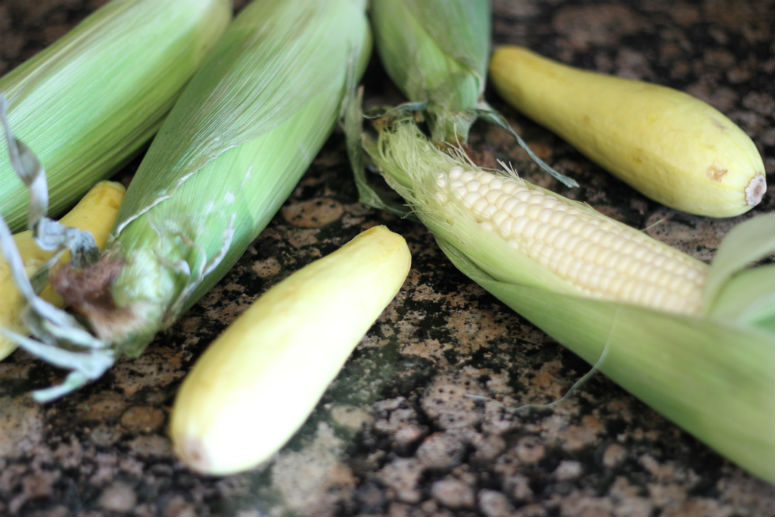
- Sunflowers: Sunflowers are tall plants that can provide shade for squash plants, especially in hot climates. They also help to attract pollinators and deter pests.
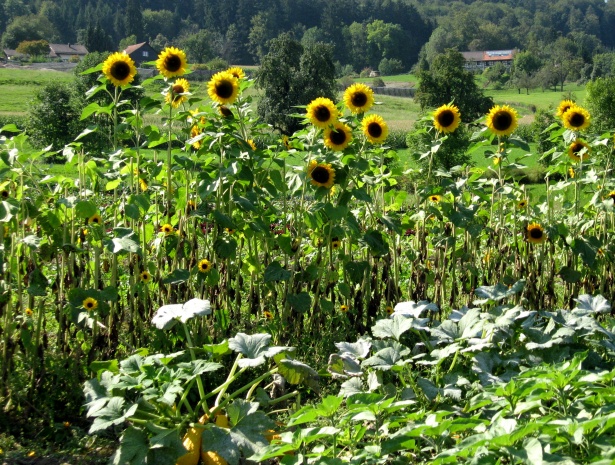
- Radishes: Radishes are a good companion plant for squash because they deter pests such as squash vine borers. Radishes are also quick-growing, so you can harvest them before they shade out your squash plants.

- Marigolds: Marigolds are another good companion plant for squash because they deter pests such as squash bugs and cucumber beetles. Marigolds also help to improve soil drainage and repel nematodes.
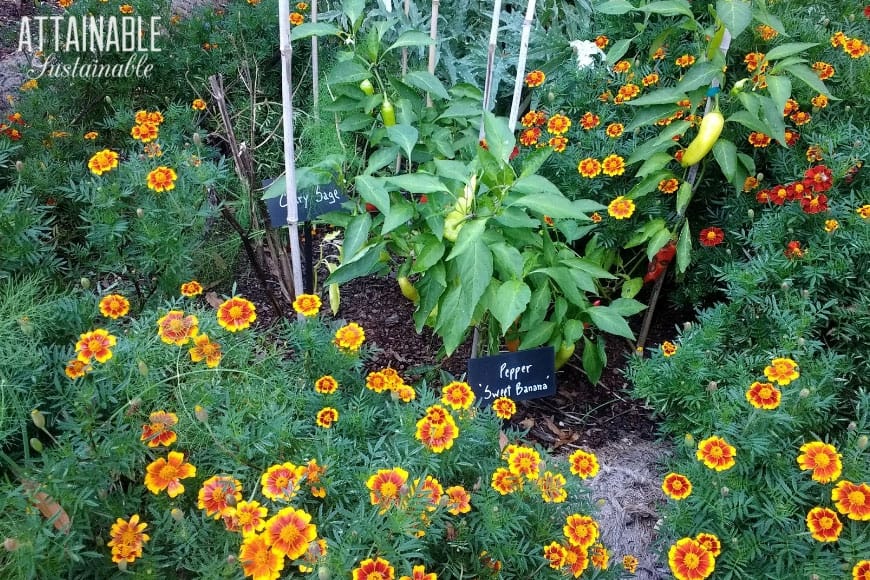
- Dill: Dill is an herb that attracts beneficial insects such as ladybugs and lacewings, which help to control pests. Dill also helps to improve pollination and flavor the squash.
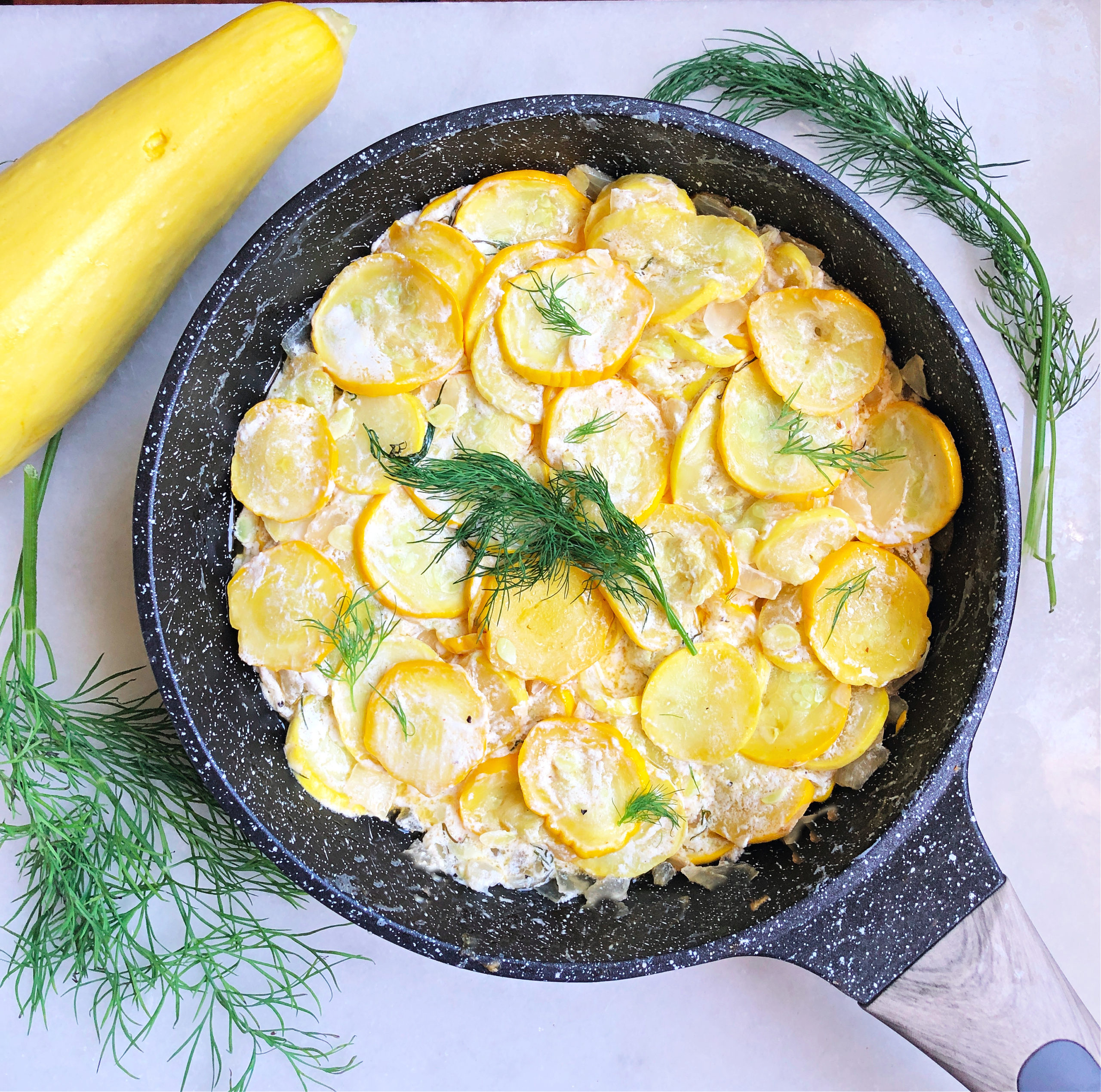
- Nasturtiums: Nasturtiums are another herb that attracts beneficial insects. They also help to deter pests such as aphids and whiteflies. Nasturtiums can also be used as a groundcover to suppress weeds.

Conclusion:
By planting squash with these companion plants, you can help to improve its growth, yield, and resistance to pests and diseases. Companion planting is a simple and effective way to boost the productivity of your garden while also reducing your reliance on chemicals.
Squash is a delicious and versatile vegetable that can be grown in many different climates. But did you know that there are certain plants that can help your squash plants grow better? These are called "companion plants," and they can provide a number of benefits to your squash plants, such as:
- Attracting pollinators: Some companion plants, such as marigolds and nasturtiums, attract pollinators like bees and butterflies. These pollinators are essential for the pollination of squash flowers, which is necessary for fruit production.
- Reducing pests and diseases: Other companion plants, such as dill and nasturtiums, can help to deter pests and diseases from attacking your squash plants. For example, dill can help to repel squash bugs, and nasturtiums can help to attract aphids, which are then eaten by beneficial insects.
- Improving soil quality: Some companion plants, such as beans and peas, can help to improve the soil quality in your garden. This is because they are legumes, which means that they can fix nitrogen in the soil. Nitrogen is an essential nutrient for plant growth, so improving the nitrogen levels in your soil can help your squash plants grow healthier and produce more fruit.
If you're interested in learning more about squash planting companions, visit this website: https://www.gardeningknowhow.com/edible/vegetables/squash/squash-companions.htm. This website provides a comprehensive list of companion plants for squash, as well as information on the benefits that each plant can provide.
FAQ of squash planting companions
- What are some good companion plants for squash?
Some of the best companion plants for squash include:
Beans: Beans are legumes, which means they can fix nitrogen in the soil. This helps to improve the soil quality for squash plants.
Corn: Corn provides shade for squash plants, which can help to protect them from pests and diseases.
Radishes: Radishes are a fast-growing crop that can be planted in the same bed as squash. They help to deter pests like squash vine borers.
Sunflowers: Sunflowers are tall plants that can provide shade and support for squash vines. They also attract pollinators, which help to improve pollination of squash flowers.
Marigolds: Marigolds are known for their insect-repelling properties. They can help to deter pests like squash bugs and cucumber beetles.
What plants should I avoid planting near squash?
Some plants that should be avoided planting near squash include:
Brassicas: Brassicas, such as broccoli, cabbage, and kale, can attract pests that also target squash plants.
Potatoes: Potatoes and squash compete for the same nutrients in the soil. Planting them together can lead to nutrient deficiencies in both plants.
Melons: Melons and squash are both susceptible to the same pests and diseases. Planting them together can increase the risk of spreading these problems.
How do companion plants benefit squash plants?
Companion plants can benefit squash plants in a number of ways, including:
Attracting pollinators: Some companion plants, such as marigolds and sunflowers, attract pollinators, which help to improve pollination of squash flowers. This can lead to a higher yield of squash fruits.
Decreasing pests and diseases: Some companion plants, such as radishes and nasturtiums, have insect-repelling properties. They can help to deter pests that target squash plants, such as squash bugs and cucumber beetles.
Improving soil quality: Some companion plants, such as beans and peas, are legumes. Legumes can fix nitrogen in the soil, which helps to improve the soil quality for squash plants. This can lead to healthier and more productive squash plants.
How far apart should I plant squash and its companion plants?
The distance at which you plant squash and its companion plants will depend on the specific plants involved. However, as a general rule, you should plant squash plants at least 2 feet apart. Companion plants can be planted closer together, but it is important to leave enough space for them to grow and spread.
- What are some tips for companion planting squash?
Here are some tips for companion planting squash:
- Do your research: Before you plant any companion plants, it is important to do your research and make sure that they are compatible with squash. Some plants, such as potatoes, should not be planted near squash.
- Plan ahead: When planning your garden layout, take into account the mature size of the plants you will be planting. Squash plants can spread out quite a bit, so make sure to give them enough space.
- Experiment: There is no one-size-fits-all approach to companion planting. Experiment with different combinations of plants and see what works best for you.
Image of squash planting companions
- Sunflowers - Sunflowers attract beneficial insects that help to control pests that can damage squash plants. They also help to shade the soil, which can help to keep it cool and moist.

- Marigolds - Marigolds help to repel nematodes, which are microscopic worms that can damage squash plants. They also help to improve the drainage of the soil, which can help to prevent root rot.
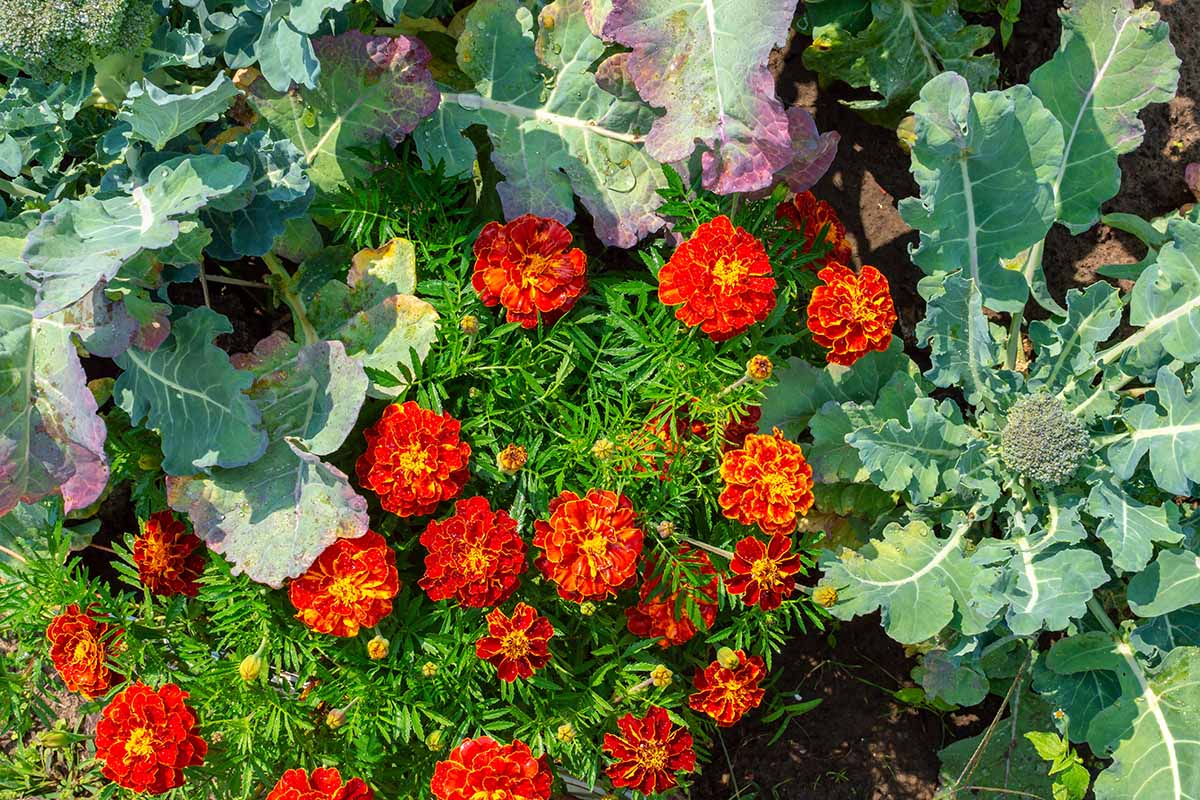
- Cucumbers - Cucumbers and squash are both members of the cucurbit family, so they have similar growing requirements. They can also help to support each other's vines.
- Beans - Beans fix nitrogen in the soil, which can help to improve the health of squash plants. They also help to shade the soil, which can help to keep it cool and moist.
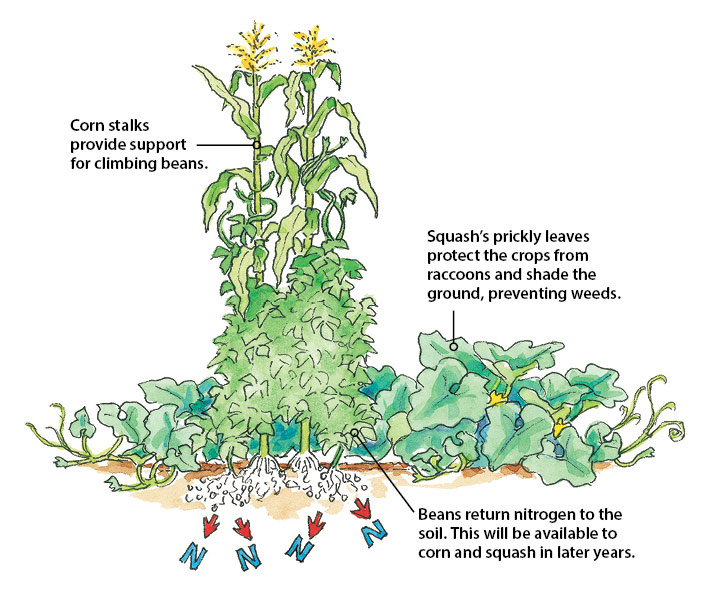
- Onions - Onions help to repel aphids, which are a common pest of squash plants. They also help to improve the drainage of the soil, which can help to prevent root rot.
- Herbs - Many herbs, such as basil, mint, and rosemary, can help to repel pests that damage squash plants. They can also add flavor to squash dishes.
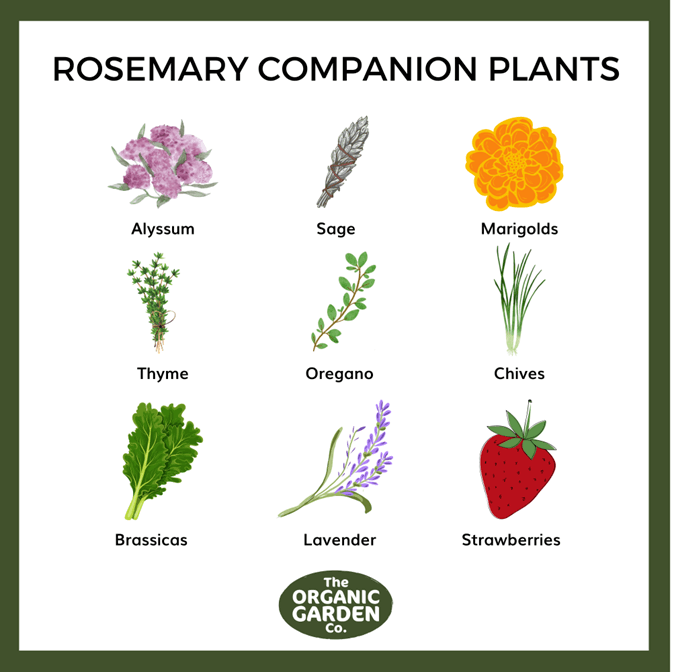
- Spinach - Spinach is a fast-growing crop that can help to shade the soil and prevent weeds from competing with squash plants. It can also be harvested early in the season, which gives squash plants more space to grow.
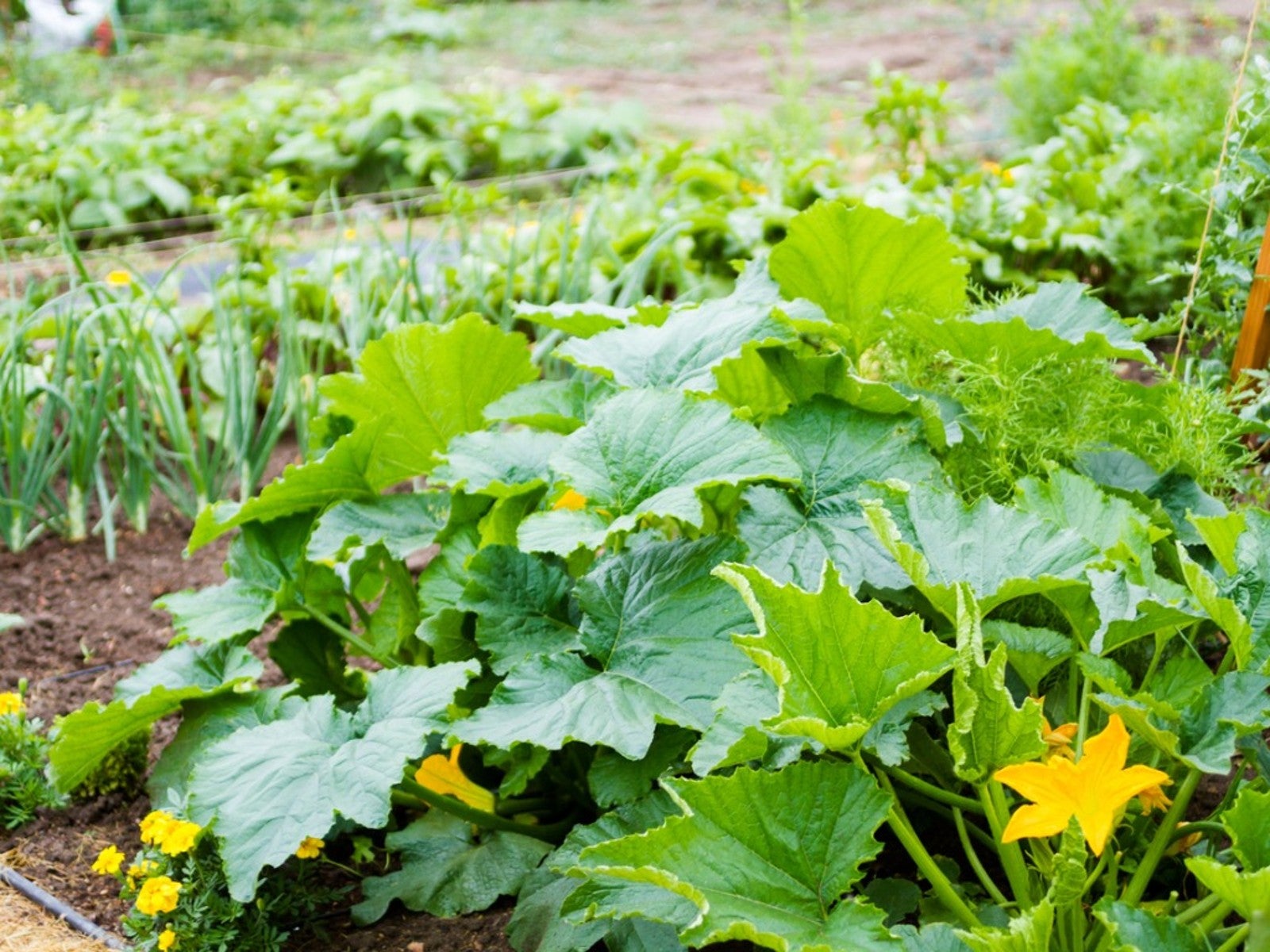
- Melons - Melons and squash are both heavy feeders, so they can benefit from being planted together. They can also help to support each other's vines.
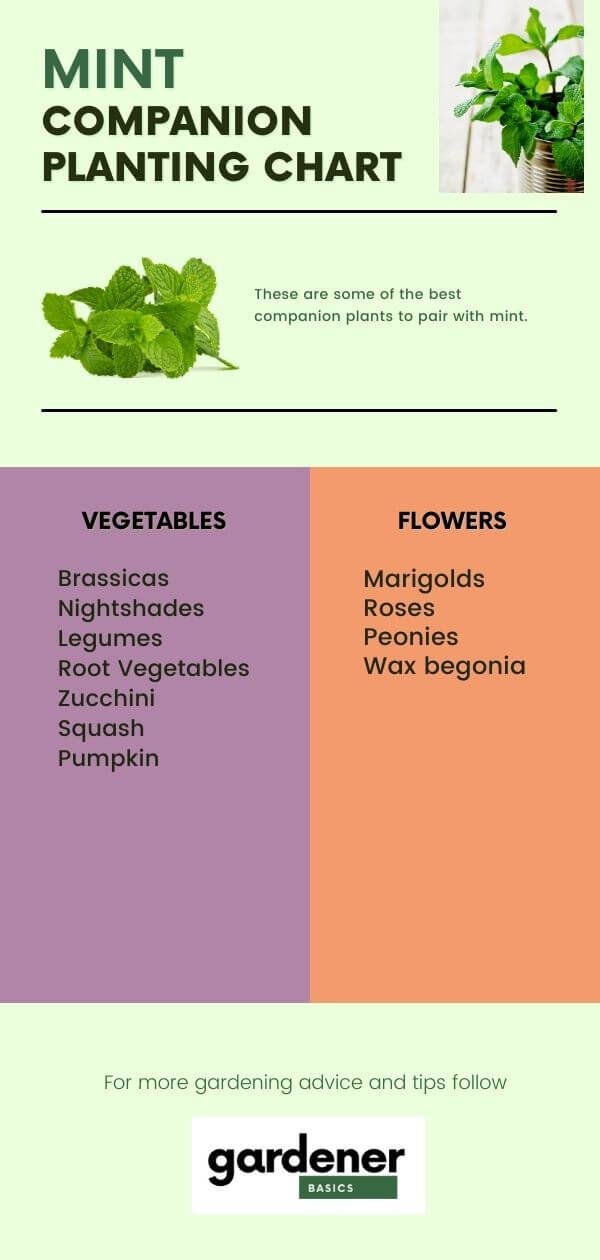
Post a Comment for " Best Squash Planting Companions For A Healthy Garden"